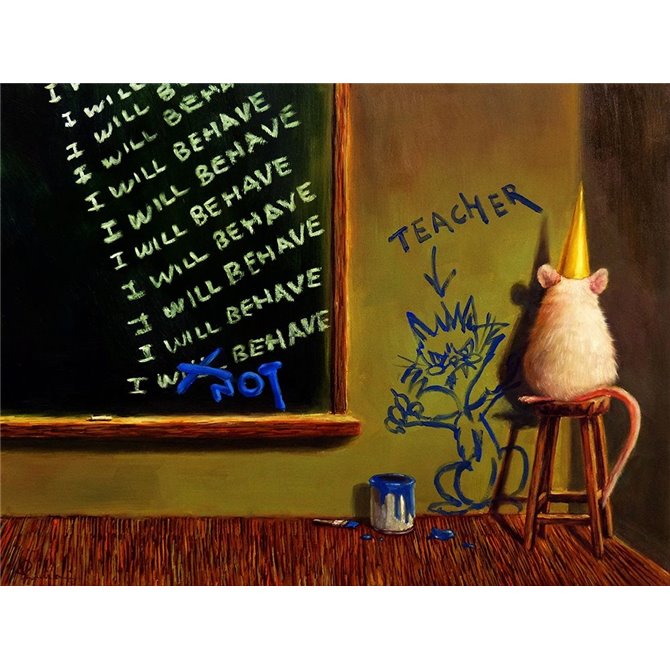

While it is certainly up for debate whether videogames are interactive or reactive, some scholars have begun to recognize the value of both concepts by using the term “interreactivity” to describe the interpretive process of videogame play.
ACTIONS HAVE CONSEQUENCES SERIES
His observation that “oysticks and buttons (like keyboards or mice) allow for a series of binary operations” underscores his point that “computers don’t respond or give forth, they process or calculate” (p. Similarly, Charles Bernstein (2002) points out that “he much-admired interactiveness of video games amounts to less than it might appear given the very circumscribed control players have” (p. Tommy Rousse (2012) also suggests that since interactivity seems to encompass “any experience requiring interpretation and construction between audience and creator,” we should instead use the term “reactivity” to describe videogames more specifically (para. This suggests that videogame interactivity is something we feel rather than something we can observe.ĭominic Arsenault and Bernard Perron (2008) have questioned whether videogames are interactive at all, arguing that “a video game is rather a chain of reactions” in which “he player does not act so much as he reacts to what the game presents to him, and similarly, the game then reacts to his input” (p. As David Myers (2003) observes of Crawford’s statement, “efining interactivity according to the amount of ‘blood in its veins’ is a functional approach appealing more to common sense - or humanist intuition - than to the observation of any formal property of game design or quantitative measurement of play behavior” (p. He disdainfully dismissed the kind of simplistic interaction a human would have with a refrigerator as “silly and beneath the intellectual dignity of almost everybody,” emphasizing that his “concern is with interactivity that has some blood in its veins” (2002, p. Although this definition is often cited by game scholars, Crawford also famously admitted that this cycle of input, process and output can describe a human’s interaction with a refrigerator as well as with a computer. Game designer and theorist Chris Crawford (2001) famously defined interaction as “a conversation: a cyclic process in which two actors alternately listen, think, and speak” (p. Keywords: videogames, choice, agency, interactivity, ethics, BioShock, The Walking Dead “If films offer voyeuristic pleasures, video games provide vicarious thrills.” - Bernstein, 2002 In the end, this article argues that true player agency lies not within pre-scripted videogame narratives, but in the players’ interpretations of the game text, in their engagement with fan communities, and in the exchanges that occur between fans and developers. While these games are enjoyable and critically acclaimed, they present the player with false choices and offer only an illusion of agency. In The Walking Dead, players are forced to make morally-heavy choices in a narrative shaped by branching and converging decision trees.
ACTIONS HAVE CONSEQUENCES FREE
The developers of BioShock attempted to subvert notions of player agency by denying the player any meaningful control within a narrative that centralizes free will. This article uses two case studies to explore different ways in which game developers have connected player agency with issues of morality.


While this illusion of agency is problematic, it allows developers and players alike to engage with questions of ethics and morality. Interactivity is a debatable concept which has been so over-applied as to be rendered meaningless, and the sense of agency that videogame players experience is illusory. This article examines and challenges the assumption that videogames are interactive experiences which allow users to exercise control and agency over their narratives. “This Action Will Have Consequences”: Interactivity and Player Agency by Sarah Stang Abstract


 0 kommentar(er)
0 kommentar(er)
